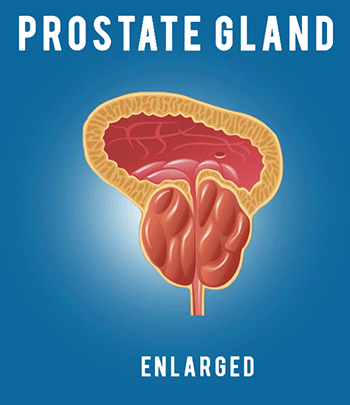Behavior Changes During Depression
(bright music) Trisha, are you okay? Lately, it seems like you’ve been a little out of it. I think the boss is starting to notice, too. Is there anything I can do to help? Ugh, Lisa I don’t know what’s going on. I’m feeling exhausted and sad all the time. I’ve been waking up in the middle of the night a lot and then I can’t fall back asleep. It’s starting to interfere with my daily routine. I think I need to go see my doctor. (bright music) Major depressive disorder, or MDD, is a common, but serious mood disorder that impacts the way a person thinks, feels, and behaves. It can have an impact on daily activities like eating, sleeping, and working. To be diagnosed with MDD, symptoms must be present nearly every day for at least two weeks. Some of the symptoms can affect your behavior. This video will focus on behavioral symptoms of MDD and how a professional may be able to help you. My doctor diagnosed me with MDD. I was really worried, but he explained to me that MDD is common and treatable. It usually includes a combination of therapy and medication. When a person is experiencing MDD, some behavioral symptoms can include decreased energy or fatigue, moving or talking slowly, and trouble sitting still. You could also have difficulty sleeping, like early-morning awakening or oversleeping, and changes in eating habits. People with MDD do not always experience the same symptoms. In addition to my medicine and therapy, my therapist gave me some great practical tips to help me with my MDD. Keep regular appointments with a doctor or other mental health professionals. MDD is treatable and they can help you determine the best course of treatment. Try not to isolate yourself. Spend time with others and confide in someone you trust. Be active. Exercise can boost your mood and sleep quality. I started scheduling fun activities with my friends ahead of time so they can help me stay active. I found this helped with my depression. Ask your doctor or therapist where you can find information to educate yourself about depression. Keep a record of the tips you find that seem to help. Be patient. The symptoms of MDD may improve gradually, not immediately as you take these steps toward your treatment journey. Trisha, you nailed that presentation today. Are you feeling better? Thanks, I am. I’ve been working hard at it and it’s paying off. I’m feeling better every day. Come on, let’s go to lunch, my treat. (bright music)


